|
How Restaurants Clean Kitchen Hoods: A Step-by-Step Guide
Kitchen hoods are an essential component of any commercial kitchen. They remove smoke, grease, and cooking odors, preventing them from spreading throughout the restaurant. However, the hood can become clogged with grease and other debris over time, making it less effective and increasing the risk of fire. That's why it's critical to clean your kitchen hood regularly. Here's a step-by-step guide for cleaning restaurant kitchen hoods. Step 1: Turn off the Hood Turn off your kitchen hood before you begin cleaning it. You don't want to accidentally turn it on while cleaning, which could result in injury. Step 2: Safeguard the Area Next, secure the area around the kitchen hood. Cover any nearby equipment or surfaces with plastic sheets or drop cloths to keep water and cleaning chemicals from splashing on them. Step 3: Remove the Filters Remove the filters from the hood and soak them in a solution of hot, soapy water. Allow them to sit for at least 20 minutes to loosen the grease and other debris. Step 4: Scrub the Hood Scrub the inside of the hood with a scrub brush or sponge and a degreaser. Pay special attention to areas where grease accumulates, such as around the fan and in the hood's corners. Step 5: Soak the Hood If the hood is particularly filthy, it may need to soak overnight in a soak tank. The soak tank is a large container filled with water, soap, and other industrial cleaning chemicals. The hood is submerged in the tank and left to soak overnight. Step 6: Rinse and dry After soaking or scrubbing the hood, thoroughly rinse it with hot water to remove any remaining cleaning chemicals. To dry the hood completely, use a clean, dry cloth or towel. Step 7: Clean the Filters After soaking the filters, scrub them with a brush or sponge to remove any remaining grease and debris. Rinse them thoroughly with hot water and allow them to dry completely before reinstalling them. Step 8: Reinstall Filters Reinstall the filters in the hood once the hood and filters have been thoroughly cleaned and dried. Cleaning your kitchen hood is critical to keeping your restaurant safe and sanitary. While most restaurant hoods can be cleaned with hot, soapy water, they may need to soak overnight in a solution of water, soap, and other industrial cleaning chemicals on occasion. By following this step-by-step guide, you can ensure that your kitchen hood is clean and functioning properly, preventing fire hazards and maintaining air quality in your restaurant. The Value of Routine Kitchen Hood Cleaning and Inspection
Your kitchen hood is extremely important in keeping your kitchen clean and safe. It eliminates smoke, heat, and cooking odors while preventing the accumulation of grease and other debris that can cause a fire. It is critical to have your kitchen hood cleaned and inspected on a regular basis to ensure proper operation. So, how often should you clean and inspect your kitchen hood? Every three months is a good rule of thumb for cleaning the kitchen hood. This is the recommended frequency for most commercial kitchens and restaurants. This timeframe, however, may vary depending on several factors unique to each kitchen. Cleaning and Inspection Frequency Influencing Factors The frequency with which you clean and inspect your kitchen hood is determined by several factors. For example, if your kitchen prepares a lot of greasy foods, your hood will need to be cleaned more frequently. Similarly, the type of fuel used to cook influences the frequency of cleaning and inspection. Monthly inspections and cleanings are required for commercial kitchens that use wood or charcoal-burning stoves. The Advantages of Regular Cleaning and Inspection Cleaning and inspecting your kitchen hood on a regular basis has numerous advantages. For starters, it ensures that the hood is working properly and prevents the accumulation of grease and other debris, which can cause a fire. Second, it ensures that your kitchen is free of harmful contaminants that can harm air quality and your employees' health. Third, it increases the lifespan of your kitchen hood, saving you money in the long run by avoiding costly repairs and replacements. Cleaning and Inspection of Your Kitchen Hood There are a few signs to look for if you're unsure whether it's time to have your kitchen hood cleaned and inspected. The first sign is visible grease or debris buildup in your hood. The second indicator is a strange odor emanating from your kitchen hood. The third sign is a decrease in your hood's efficiency. If you notice any of these signs, it's time to hire a professional to clean and inspect your home. Your kitchen hood is an important component of your kitchen, and it must be cleaned and inspected on a regular basis to ensure proper operation. The general rule of thumb for cleaning kitchen hoods is every three months, but this can vary depending on several factors that are unique to each kitchen. Regular cleaning and inspection have numerous advantages, including the prevention of fire hazards, the maintenance of air quality, and the extension of the life of your kitchen hood. If you notice any signs that your kitchen hood requires cleaning and inspection, it's time to call in a pro. How Frequently Should Your Kitchen Hood Be Professionally Cleaned?
The kitchen is the heart of the home, where we gather to cook and eat with our families. However, all of the cooking produces grease, smoke, and other debris, which can accumulate in your kitchen hood over time. It is critical to keep your kitchen hood clean for both aesthetic and safety reasons. So, how often should you have your kitchen hood cleaned professionally? Let us investigate further. What the NFPA 96 Standard Requires The National Fire Protection Agency (NFPA) 96 Standard is the leading authority on commercial kitchen fire safety. Depending on several factors, it requires that all kitchen exhaust systems be professionally cleaned between once a month and once a year. Cleaning Frequency Influencing Factors The frequency with which you clean your kitchen hood is determined by a number of factors, including the amount of food cooked, the type of food served, and the type of fuel used. Kitchens that prepare a high volume of greasy foods, such as fast-food restaurants, or those that use solid fuels such as wood or charcoal, will need to be cleaned more frequently than kitchens that cook with electric or gas appliances. The Advantages of Regular Cleaning Cleaning your kitchen hood on a regular basis has numerous advantages. It aids in the prevention of grease buildup, which can be a fire hazard, and improves the overall air quality in your kitchen. Regular cleaning can also help to extend the life of your kitchen hood and reduce the likelihood of costly repairs or replacements in the future. Signs That Your Kitchen Hood Is Dirty There are a few signs to look for if you're unsure whether it's time to have your kitchen hood professionally cleaned. The first symptom is a visible accumulation of grease or other debris in your hood. You may also notice a strange odor or a decrease in the efficiency of your kitchen hood. If you notice any of these signs, it's time to hire a cleaning service. Finally, it is critical to keep your kitchen hood clean to avoid the accumulation of grease and other debris, which can pose a fire hazard and negatively impact air quality. According to the NFPA 96 Standard, your kitchen exhaust system should be professionally cleaned between once a month and once a year, depending on several factors. Regular cleaning can extend the life of your kitchen hood and reduce the likelihood of costly repairs in the future. Keep an eye out for signs that your kitchen hood needs cleaning and, if necessary, call in a professional. The Ultimate Hood System Cleaning Guide: How Long Does It Really Take?
A hood system is a kitchen ventilation system that helps to remove smoke, heat, and odors. It is an important part of your commercial kitchen and must be kept clean. Depending on the size of your system and the amount of dirt and grime that has accumulated, cleaning your hood system can take anywhere from a few hours to a few days. A standard hood cleaning takes 3-4 hours to complete. However, the length of time depends on a number of factors. The length of time between cleanings, the size of the kitchen, and the number of hoods/fans all influence how long the job will take to complete. If the kitchen hasn't been cleaned in a while, or if it's particularly large or has a lot of hoods/fans, it may take longer than 4 hours. Reasons to Clean Your Hood System You should keep your hood system clean for a variety of reasons. For starters, it aids in the prevention of fires. A soiled hood can quickly catch fire, especially if it is not properly vented. Second, it helps to keep your kitchen clean. Grease and other particles can be released into the air by a dirty hood and settle on your counters and other surfaces. Third, it improves the quality of indoor air. Grease and other particles that accumulate in a filthy hood can be released into the air, resulting in indoor air pollution. Finally, it increases the lifespan of your hood system. A well-maintained hood will outlast one that has been neglected. Factors Influencing the Length of Hood System Cleaning A number of factors influence how long it takes to clean a hood system. The kitchen's size and layout, the type of cooking done, and the frequency of use are all important factors to consider. The size of the kitchen is probably the most important factor in determining the time required to clean the hood system. A small kitchen with a few appliances will obviously require less cleaning time than a large commercial kitchen with multiple ovens and fryers. The type of cooking can also influence how long it takes to clean the hood system. If you do a lot of frying or other high-heat cooking, your hood and filters will accumulate more grease and grime. This will take longer to clean than if you use your stovetop primarily for boiling or baking. Finally, frequency of use is an important consideration. If your kitchen is frequently used, you will need to clean the hood system more frequently than if it is only used on occasion. A busy restaurant kitchen may require cleaning every night, whereas a weekend-only home kitchen may only require cleaning once a month or so. What Are the Advantages of Routine Hood System Cleanings? Regular hood system cleanings have numerous advantages, including lowering the risk of fire, improving indoor air quality, and extending the life of your hood system. Fire prevention: A buildup of grease and dirt on your hood system is a major fire hazard. Cleaning on a regular basis will help to reduce the risk of a grease fire. Improving indoor air quality: Cooking can cause harmful airborne contaminants to be released into your kitchen. These pollutants can have a negative impact on the air quality in your home. Cleaning your hood system on a regular basis will help to remove these contaminants and improve the air quality in your kitchen. Extending the life of your hood system: Grease and dirt buildup can cause your hood system to work harder than necessary. This additional strain can reduce the life of your hood system. Regular cleanings will help your hood system last longer by keeping it running at peak efficiency. The Actual Price of Hood System Cleaning
The cost of cleaning a hood system is largely determined by the size of the crew and the hourly rate they charge. Hood cleaning services can cost anywhere between $135 and $180 per hour on average. Additional charges, such as $50 to $75 for additional exhaust fans and around $5 for filter cleaning, may apply. Finally, the most accurate estimate is to contact a professional hood cleaning company and discuss your specific requirements. The cost of cleaning a hood system can vary depending on several factors. The most important factor is the hourly rate charged by the service provider. This rate varies according to the company's overhead costs and the region in which it is located. Many businesses charge additional fees in addition to the hourly rate, such as fuel surcharges, environmental fees, and disposal fees. These additional fees can quickly add up, so it's critical to inquire about them before agreeing to have your hood system cleaned. What Factors Influence the Price of Hood System Cleaning? A few factors influence the cost of hood system cleaning. The first consideration is the size of the hood system. The larger the hood system, the longer it will take to clean and the more expensive it will be. The frequency of cleaning is the second factor. Cleaning hood systems more frequently will typically cost less per cleaning than cleaning them less frequently. The third consideration is the type of cleaning being done. Simple cleanings (such as grease and debris removal) are typically less expensive than more complex cleanings. (i.e. removal of built-up grease and grime). Finally, the number of cleaners on the job will influence the cost. More cleaners working at the same time usually results in a lower overall cost per hour. The Benefits of Professional Hood System Cleaning Professional hood system cleaning has numerous advantages that make it worthwhile to invest in. For one thing, it can help your hood system last longer and run more efficiently. Professional cleaning can also remove built-up grease and grime that is difficult to remove on your own. If not properly cleaned, this build-up can cause fires, so have a professional clean your hood system on a regular basis. Finally, professional cleaning can help you save money in the long run by lowering energy costs and avoiding costly repairs. What to Look for When Hiring a Professional Hood System Cleaning Service There are a few factors to consider when looking for a professional hood system cleaning company. To begin, ensure that the company is experienced and has a good reputation. You can get recommendations from others or read online reviews. Second, make certain that the company uses safe and effective cleaning products. Third, make certain that the company charges a reasonable price. Finally, make certain that the company is insured and bonded. The Importance of Commercial Kitchen Hood and Duct Cleaning
Commercial hood and duct cleaning is the process of removing grease, debris, and other buildup from commercial kitchen hoods, exhaust fans, and ductwork. A professional hood and duct cleaning service will clean all parts of the system, including the fan blades, filters, and vents, with specialized equipment. If you have a commercial hood or a restaurant hood, you should have it cleaned by a professional at least once a month. This contributes to the safety of both customers and kitchen personnel. If your establishment, such as a hospital kitchen, has a lower cooking rush, you can clean the hood every 90 days instead. Cleaning restaurant hoods and ducts on a regular basis is essential for several reasons. For starters, it aids in the prevention of grease buildup, which can be a fire hazard. Second, it keeps the kitchen clean and free of foul odors. Third, it contributes to increased ventilation system efficiency, which can result in lower energy costs. Finally, regular cleaning can help the hood and duct system last longer. Tips for Keeping Kitchen Ventilation Systems Clean Between Cleanings 1. To prevent grease buildup, inspect and clean your kitchen ventilation system on a regular basis. 2. To capture grease and particles, use high-quality, long-lasting filters in your hood and duct system. 3. Regularly clean your hood filters with hot, soapy water or in the dishwasher. 4. Schedule professional cleanings of your kitchen ventilation system at least once a year to remove grease and debris that has accumulated. What Are the Advantages of Hiring Professional Cleaning Services? When it comes to commercial kitchens, one of the most important things to remember is to keep the hood and ducts clean on a regular basis. This is critical not only for the overall appearance and cleanliness of your kitchen, but also for safety. Here are just a few advantages of using professional cleaning services for hood and duct cleaning: 1. On a daily basis, commercial kitchens see a lot of traffic. This means that grease and other debris can easily accumulate on surfaces such as hoods and ducts. If not properly cleaned, this can lead to serious fire hazards over time. Professional cleaners have the experience and knowledge to clean these areas safely without endangering your kitchen. 2. A clean commercial kitchen reflects your company's overall image. First impressions are important, and if potential customers see a dirty or cluttered kitchen, they may form an unfavorable opinion of your company. Hiring professional cleaners to keep things neat and tidy can help your business appear more polished, attracting new customers. 3. Professional cleaners also have access to more sophisticated equipment than is typically found in commercial kitchens. This means they can clean more thoroughly, resulting in a safer and healthier working environment for your employees. 4. Regular hood and duct cleaning can also help your ventilation system run more efficiently. When grease and debris accumulate on these surfaces, it can clog the airflow. |
Archives
April 2023
Categories |
- Home
- Exhaust Cleaning
-
Hood Cleaning
- Hood Cleaning Service
- Kitchen Hood Cleaning Near Me
- Restaurants Hood Cleaning
- Kitchen Hood Cleaning
- Hood Cleaner
- Commercial Kitchen Hood Cleaning
- Restaurant Hood Cleaning Near Me
- Commercial Hood Cleaning
- Services for Hood Cleaning
- Food Truck Hood Cleaning
- Toronto Hood Cleaning Services
- Toronto Restaurant Equipment Cleaning
- Toronto Fire Prevention Cleaning & Degreasing
- Toronto Commercial Restaurant Kitchen Hood & Exhaust Cleaning
- Toronto Restaurant Exhaust System Cleaning
- Toronto Hospital and Long Term Care Homes Commercial Hood & Exhaust Cleaning
- Toronto Commercial Hood Cleaning
- Contact
- Institutions
- Hood Cleaning Toronto Blog
|
HOOD CLEANING TORONTO
647-931-1260 Toronto Ontario M5N 1M9 Hours of Operation Monday to Saturday 8:00 am - 6:00 pm https://hoodcleaningtoronto.ca |

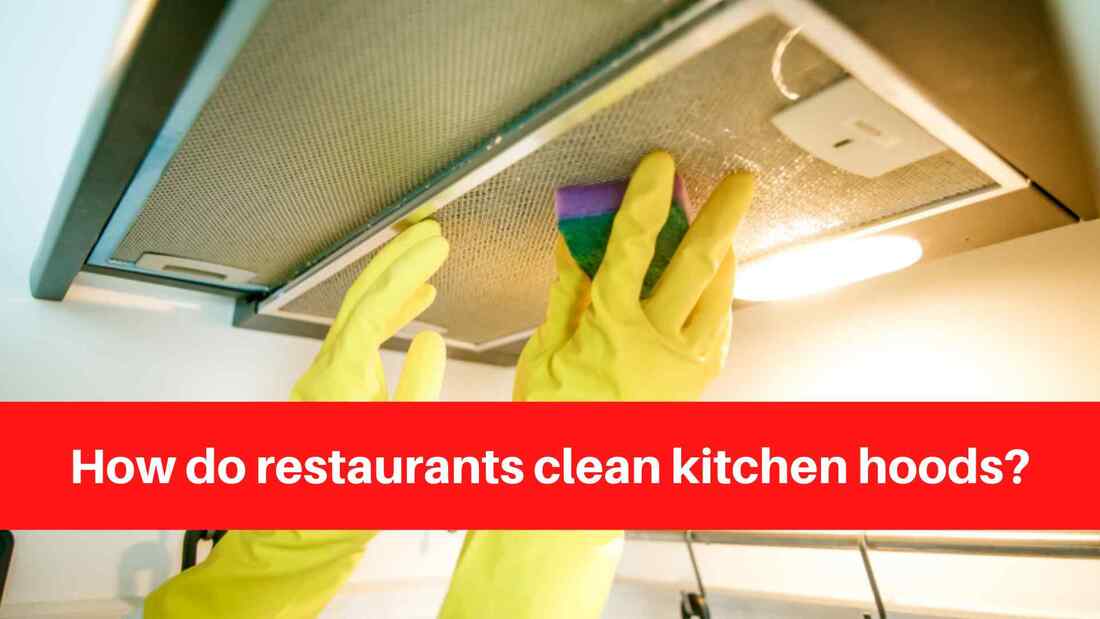
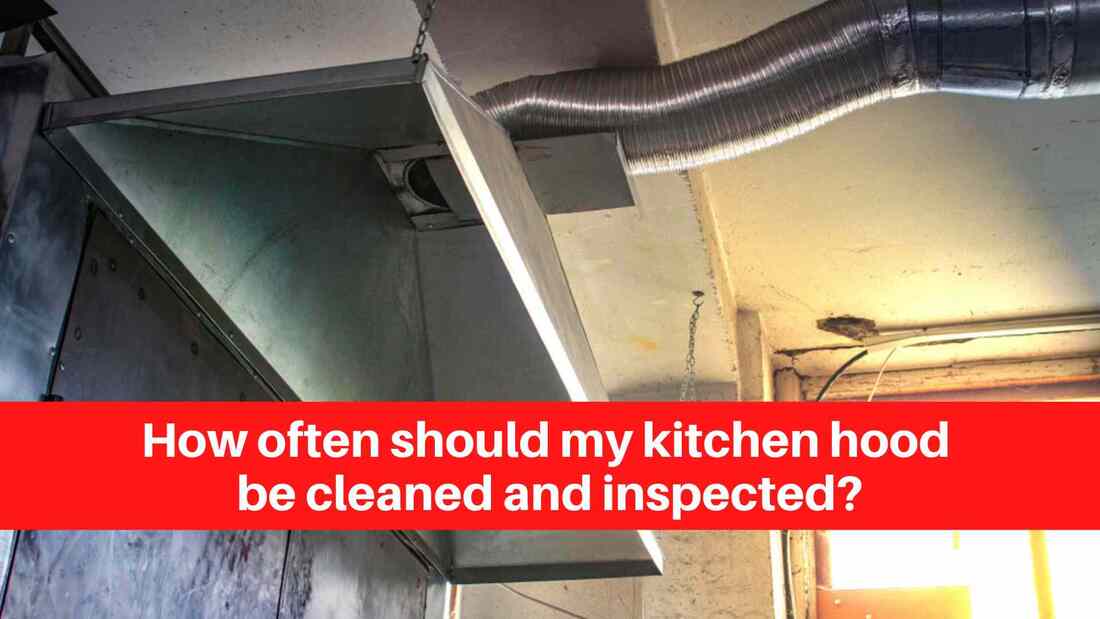
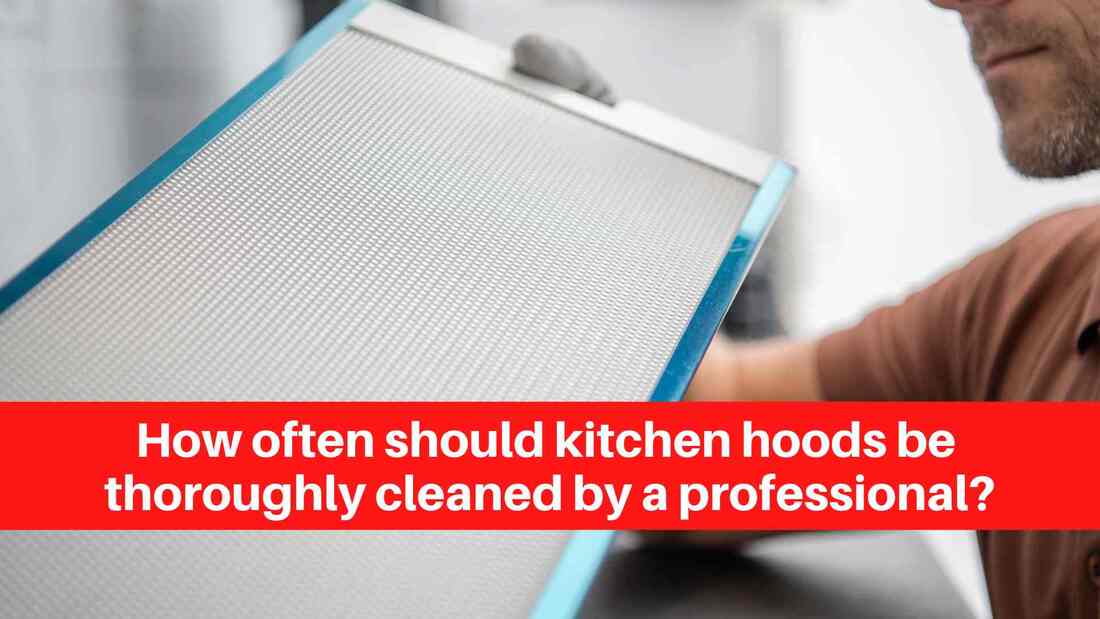
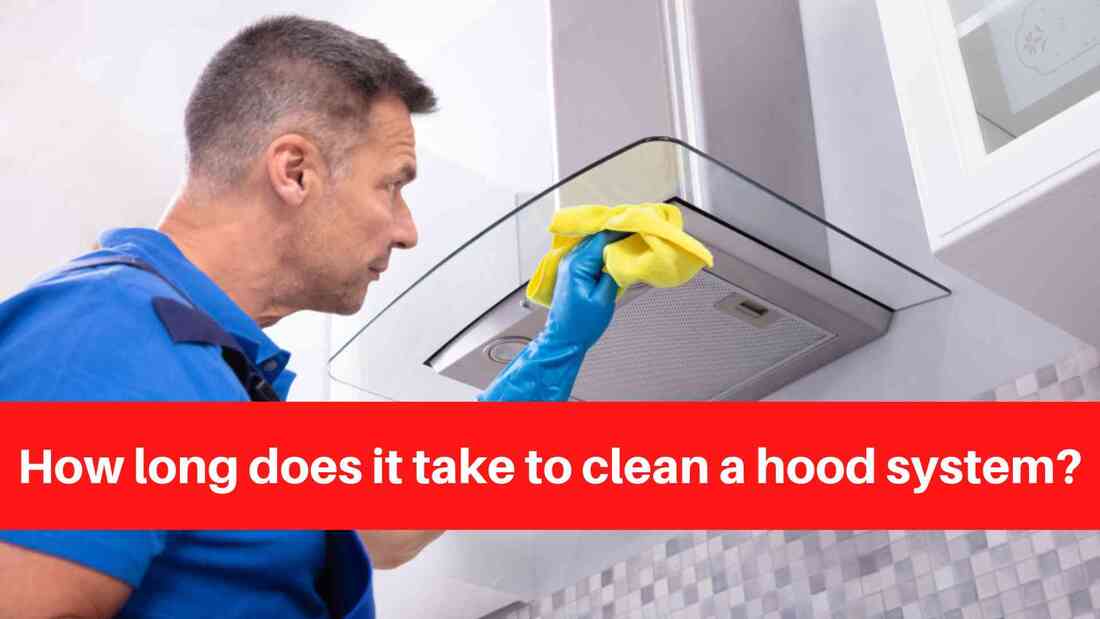
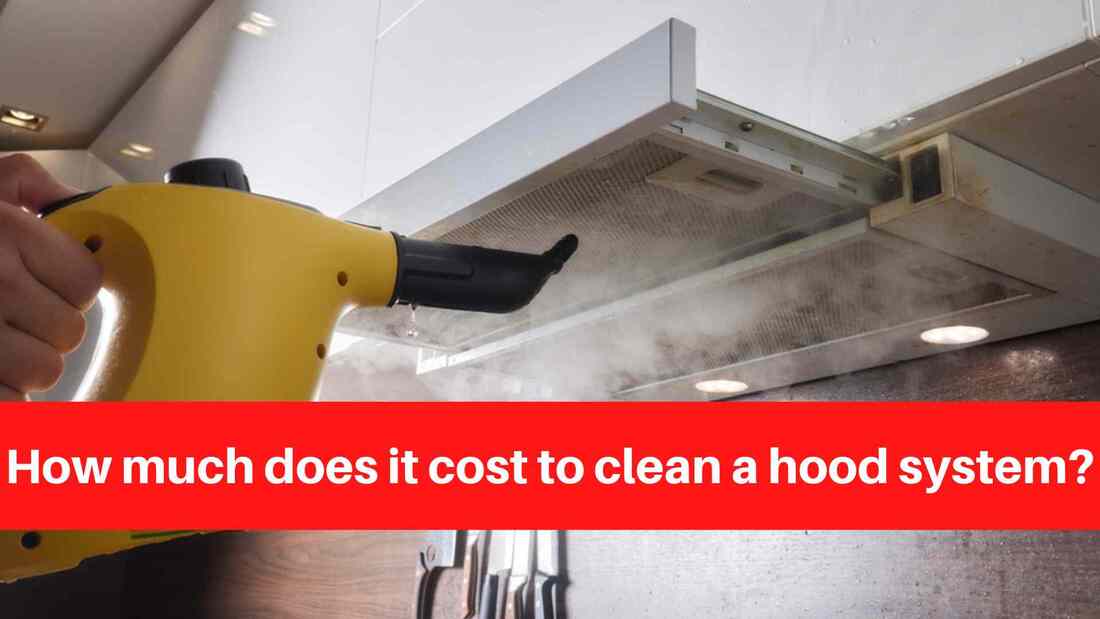
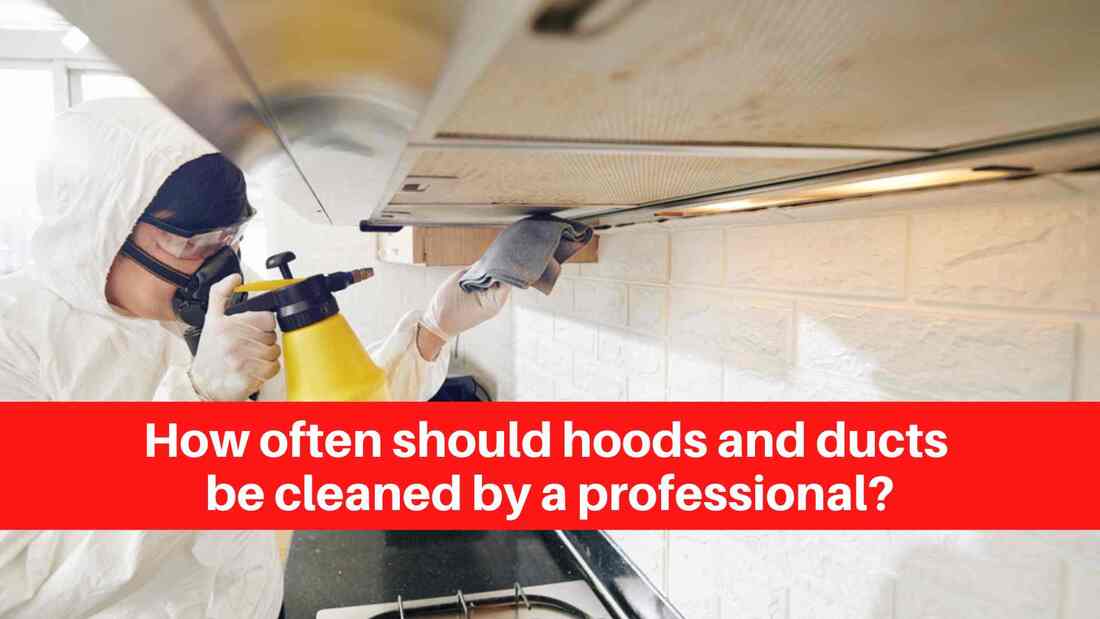
 RSS Feed
RSS Feed

